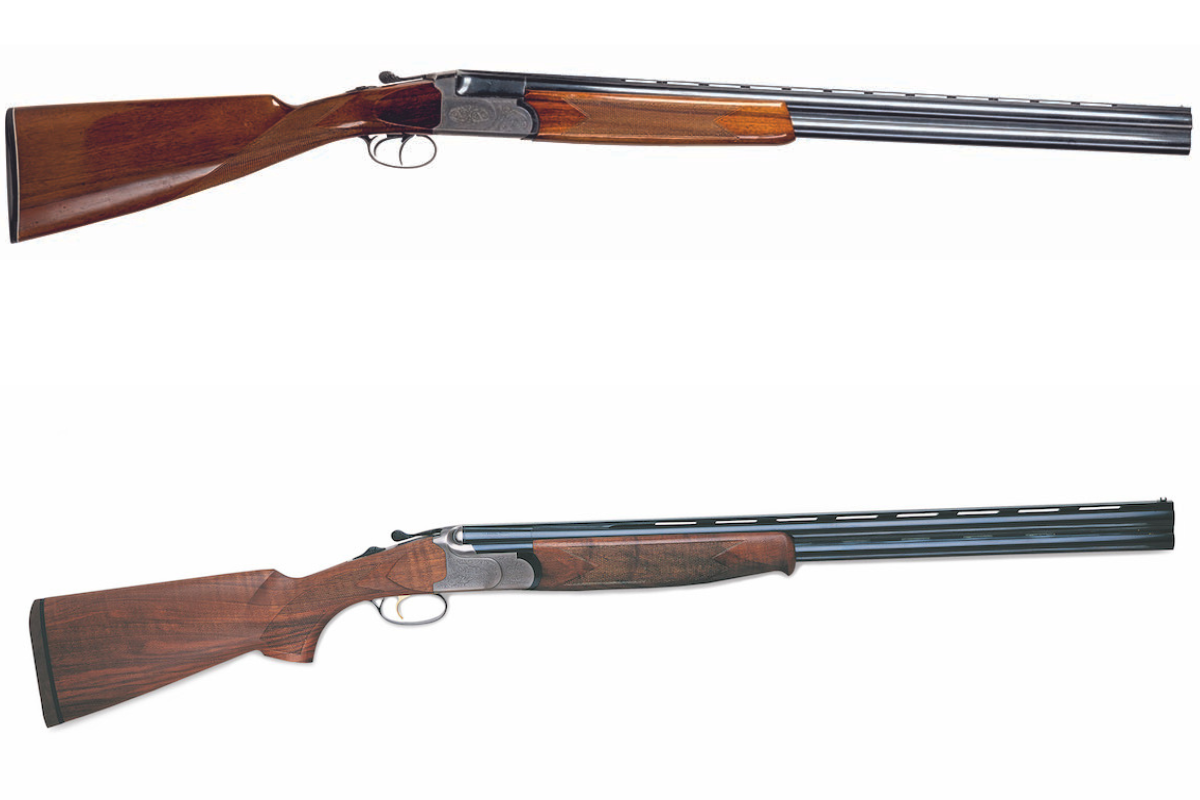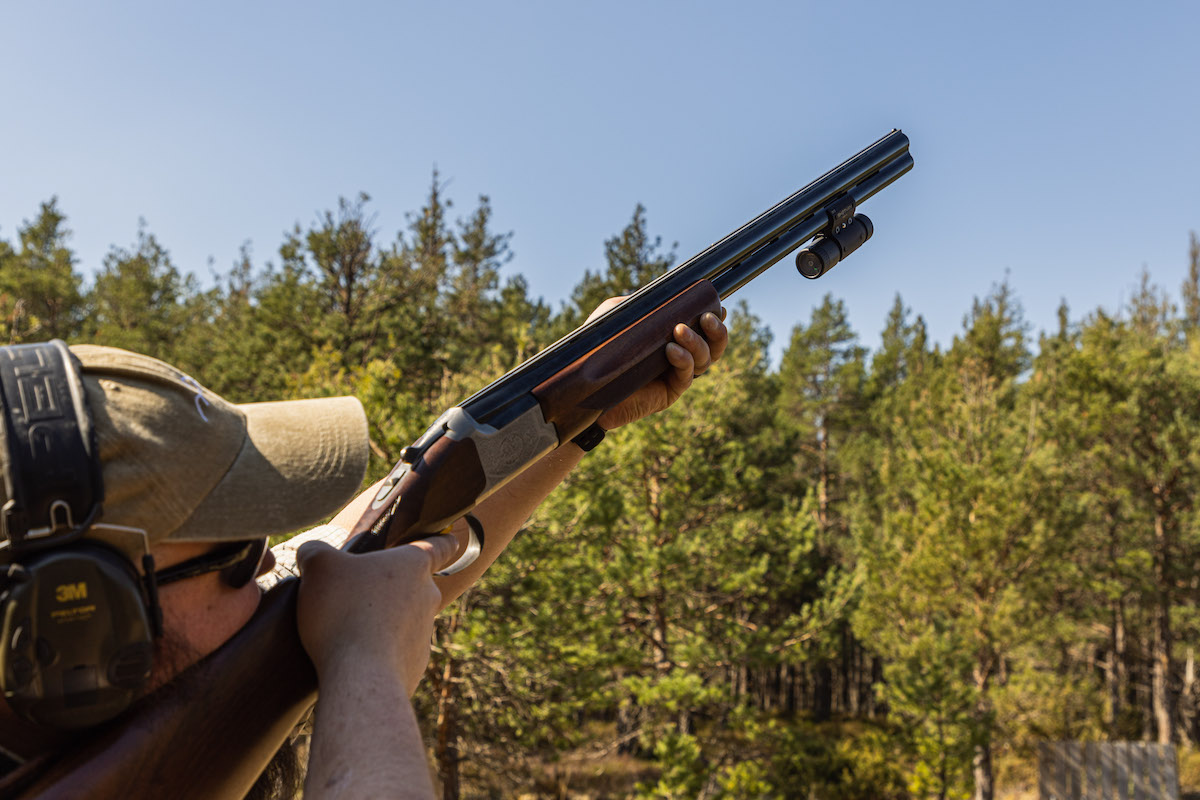Lanber Sporter v Lincoln S65E
Charles Smith-Jones weighs up the merits of two second-hand guns and the choices you have to consider and decisions to make when on a strict budget

Lanber Sporter v Lincoln S65E
Manufacturer: Lincoln
Lanber Sporter or Lincoln S65E – what’s best for you?
A few sessions shooting clays with friends coupled with some outings decoying pigeons have given you the shooting bug. Up until this point you have used a borrowed gun but now, with a newly issued shotgun certificate in your possession and a gun cabinet installed at home, it’s time to buy your first shotgun. However, you are on a strict budget and can’t afford more than a few hundred pounds. Time to take a trip to your local gunshop to see what’s available.
You have already decided on an over-and-under as that’s what you are used to, and you have narrowed down the affordable choices on the used gun racks to two possibilities: a Lanber Sporter or a Lincoln S65E. Both are older guns but have been well looked after and come fully serviced with a year’s guarantee. The actions are tight and the shop owner has assured you that they both have plenty of use left in them. He has also carefully checked that they fit you properly. But which one will you leave the shop with?
Pedigree
Both guns are straightforward boxlocks, which is a positive feature as this is a simple and proven design of action with little to go wrong and, provided that they get a little regular maintenance, are likely to go on and on. If a problem does occur, any competent gunsmith should be able to put it right easily and relatively inexpensively. They also both have straight, ambidextrous stocks with no cast, so suiting both right- and left-handed users.

Lanber Sporter
Lanber Sporter
Let’s look at the Lanber first. This particular one probably left the factory during the mid-1980s but does not show its age. The model was intended to appeal to the clay shooting market, as evidenced by its raised rib and manual safety catch, which is selective to allow the shooter to choose which barrel fires first. The barrels are just a couple of inches longer than the Lincoln, which many might see as an advantage in a clay and pigeon gun. Although there is certainly nothing remarkable about the woodwork, it is well presented with a semi pistol-grip stock.

Lincoln S65E
Lincoln S65E
The Lincoln is more of a game gun with its straight-hand grip, fixed chokes and automatic safety catch, this last something of an advantage in the field and away from the discipline of the clay lines, as it resets every time you break the gun. It is probably a few years older than the Lanber but has also been well looked after, and it’s likely that if it has been used for field rather than clay shooting, it will have fired fewer cartridges. Although they may appear to have fallen out of fashion, the double triggers are practical and permit quick barrel selection with practice. Many shooters still prefer them over a single trigger.

Pros and cons
Nor are the fixed chokes of the Lincoln S65E any great concern. Many newcomers to shooting can easily confuse themselves by constantly changing chokes, and for general purpose use, fixed ones mean that you quickly become used to what your gun is capable of. (Read more on chokes here.)
Of the two guns, the Lanber is about 1/2lb heavier, but this isn’t a big issue as most of your shooting (for now, at least) will be from a fixed stand or pigeon hide and you don’t expect to be carrying it over long distances. It will also be kinder on the shoulder over the course of a long clay session. Neither comes specifically proofed for steel shot and though that might have some bearing on the final decision, don’t let it put you off. As long as the gun bears appropriate nitro-proof marks, which both of these should, they will be fine with standard steel. Again, your gun dealer should be a sound source of advice if you are unsure. (Read will my gun be safe for steel?)
For the money, both of these would serve you well as a first gun for clays and pigeons, though on balance, the multichokes and 3in chambers of the Lanber may offer a little more versatility. Then again, the lighter weight and shorter barrels of the Lincoln could be an advantage if you move on to rough shooting. It’s very much a personal choice, but you certainly won’t go far wrong with either.
Verdict
It’s very much a personal choice, but you certainly won’t go far wrong with either.








